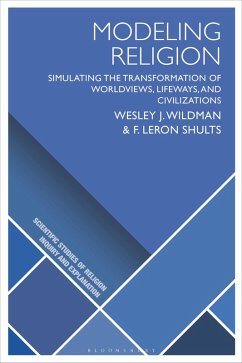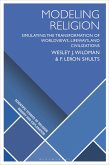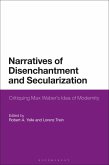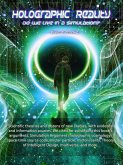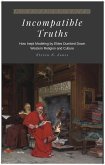What role has religion played in the major civilizational transformations associated with the Neolithic Revolution, the Axial Age, and Modernity? This book introduces new methodological tools and material insights for guiding conversations about these debates.
The authors introduce a new branch of computational humanities, using computational modeling to simulate civilizational transformations. They integrate multiple theories across many disciplines, including the scientific study of religion, and evaluate the relative importance of those causal theories in processes of civilizational change. Materially, the book sheds new light on major debates among historians, archaeologists, and other social theorists on the role of religion within these major transitions.
The book tackles the urgent question of what sort of civilizational transformations might be possible in a world where the influence and significance of religion continues to decline wherever technology, education, freedom, and cultural pluralism are most advanced.
The authors introduce a new branch of computational humanities, using computational modeling to simulate civilizational transformations. They integrate multiple theories across many disciplines, including the scientific study of religion, and evaluate the relative importance of those causal theories in processes of civilizational change. Materially, the book sheds new light on major debates among historians, archaeologists, and other social theorists on the role of religion within these major transitions.
The book tackles the urgent question of what sort of civilizational transformations might be possible in a world where the influence and significance of religion continues to decline wherever technology, education, freedom, and cultural pluralism are most advanced.

